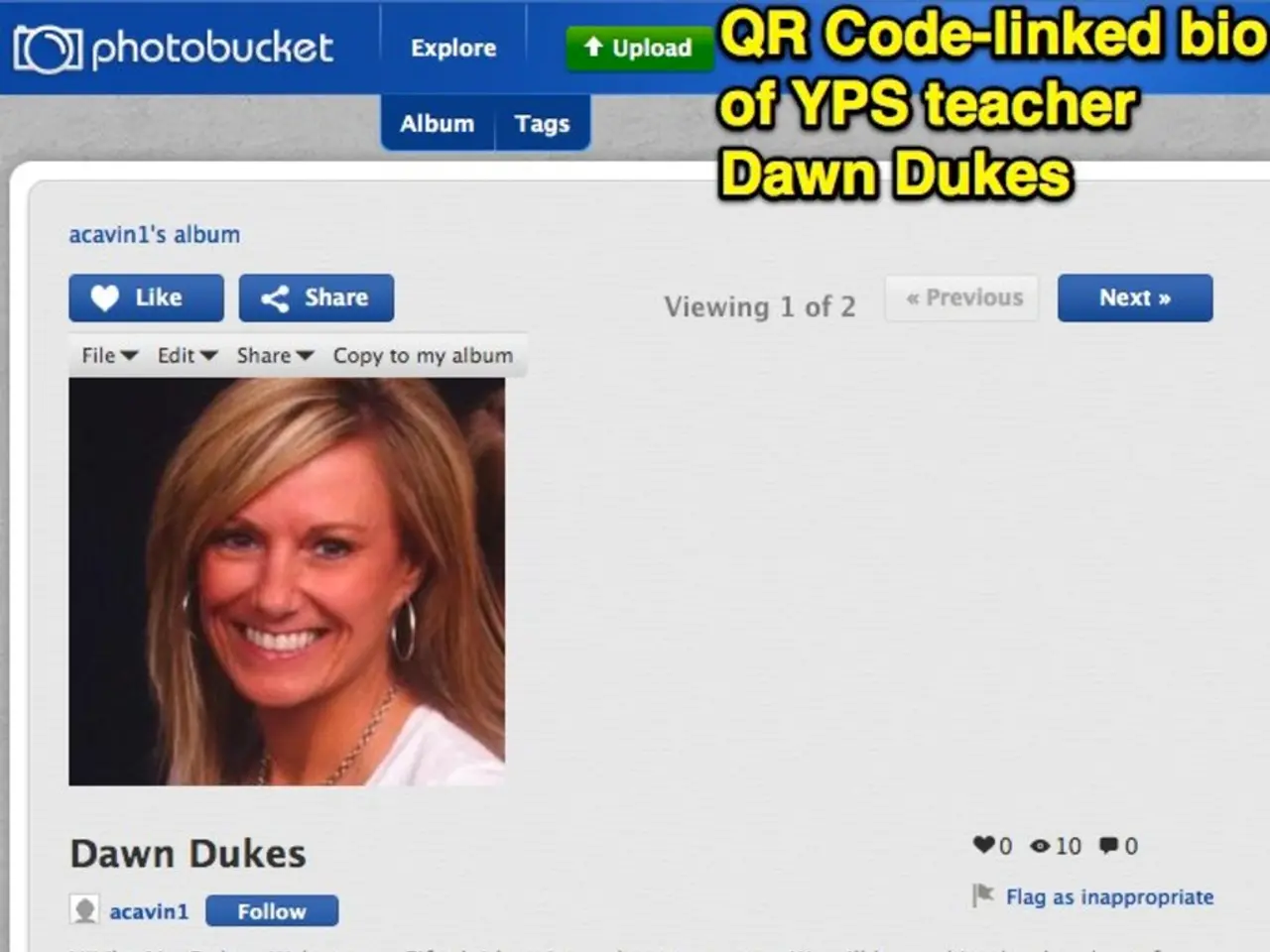Social media behaviors molded by narcissism, study discloses: narcissistic tendencies impact a person's online social interactions and self-presentation on various platforms.
In a groundbreaking study, researchers at the University of Gdańsk have identified a significant connection between various types of narcissism and social media addiction [1]. The research, which tracked 339 Polish adults aged 19 to 41 over eight months, has shed light on the complex relationship between narcissism and excessive use of social networking sites.
The study revealed that most narcissistic traits, such as admiration, rivalry, enmity, isolation, heroism, and communal narcissism (except for sanctity), are associated with a higher likelihood of social media addiction. Some narcissistic traits even show a bidirectional relationship with addiction symptoms, suggesting that addiction may reinforce these traits, and narcissism may contribute to addiction.
The study broadened the understanding of narcissism by identifying four distinct narcissistic profiles. Grandiose narcissism, characterized by traits like admiration and rivalry, was found to be particularly relevant in the context of social media use. Vulnerable narcissism, characterized by traits like isolation (withdrawing from others to avoid being hurt) and responding to shame with enmity (passive-aggressive hostility), was also highlighted. Communal narcissism, characterized by traits of heroism (believing one is uniquely capable of saving or improving the lives of others) and sanctity (an inflated sense of one's own goodness or virtue), was excluded from the study's findings in relation to social media addiction.
The study participants completed a self-assessment to measure both narcissistic traits and symptoms of social media addiction. The findings suggest that social media addiction in narcissistic individuals may be driven by factors such as fear of missing out (FoMO), the physiological reward from self-focused interactions online, and compulsive behaviors linked to maintaining self-image and admiration.
However, it's important to note that the study did not address the issue of 'covert narcissists' or how they might relate to social media use. Additionally, the study did not delve into how narcissism manifests differently in men and women, specifically in relation to social media use. Furthermore, the study did not explore how narcissism might change in individuals as they age.
Despite these limitations, the University of Gdańsk study underscores that social media addiction is closely tied to multiple narcissistic personality types, primarily driven by entitlement, antagonism, and a complex interplay of psychological needs and insecurities facilitated by online environments. The study emphasizes the importance of differentiating narcissistic traits when addressing addictive digital behaviors.
[1] Kubacka, M., & Kaniasty, Z. M. (2021). The Dark Side of Narcissism: A Longitudinal Study on the Link Between Narcissism and Social Media Addiction. Journal of Behavioral Addictions, 10(1), 1-13.
The University of Gdańsk study, in its investigation of the link between narcissism and social media addiction, found that various narcissistic traits such as admiration, rivalry, enmity, isolation, and grandiose narcissism are associated with a higher likelihood of social media addiction [1]. Additionally, the study revealed that some narcissistic traits exhibit a bidirectional relationship with addiction symptoms, suggesting that addiction may reinforce these traits, and narcissism may contribute to addiction. Lastly, the study highlighted the significance of differentiating narcissistic traits when addressing addictive digital behaviors, particularly in the context of social media use.




